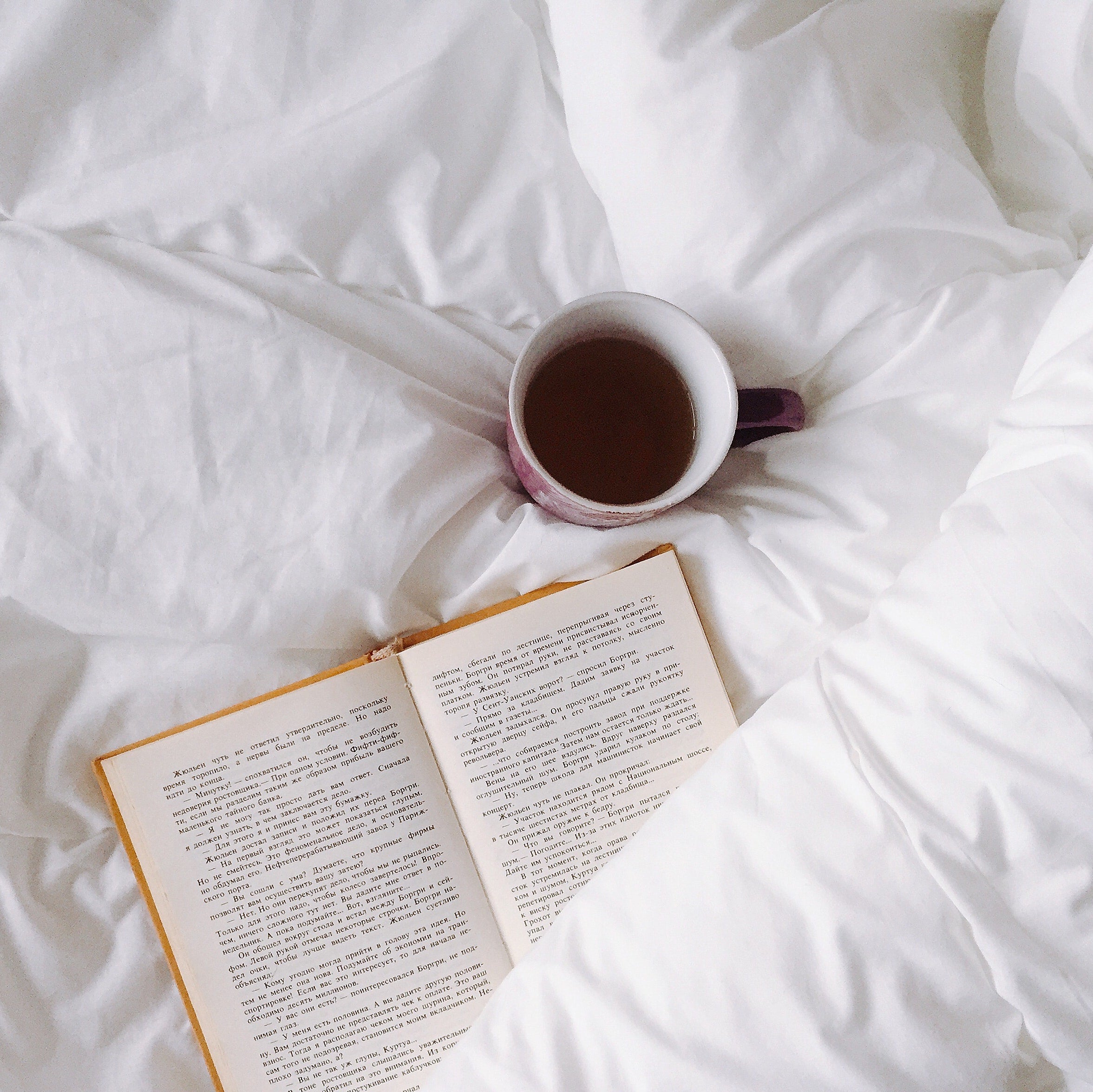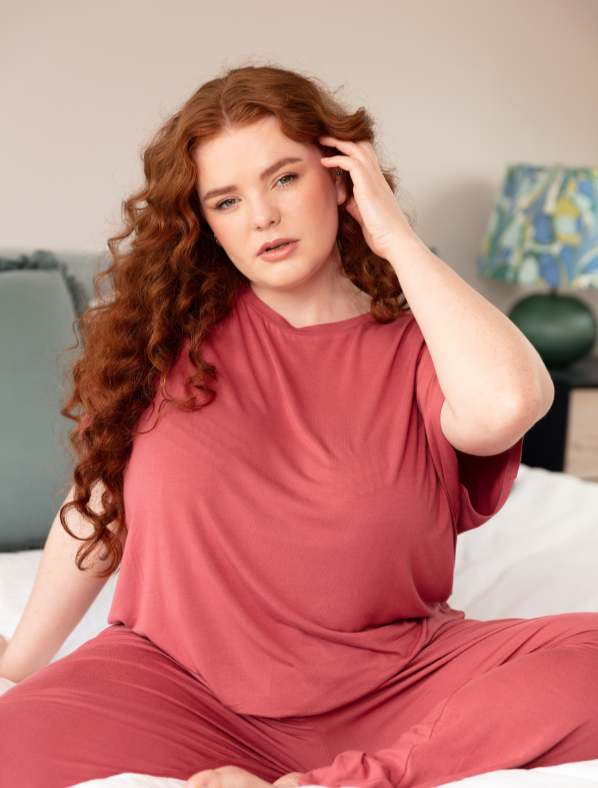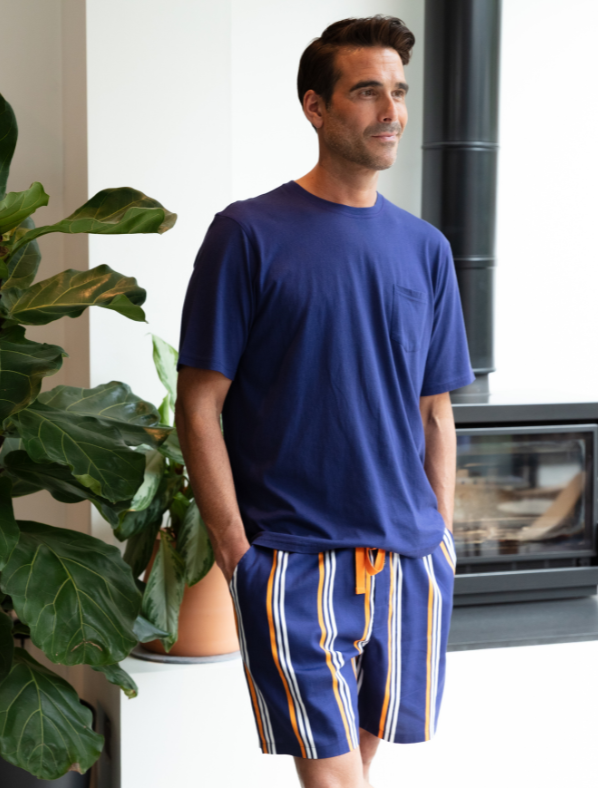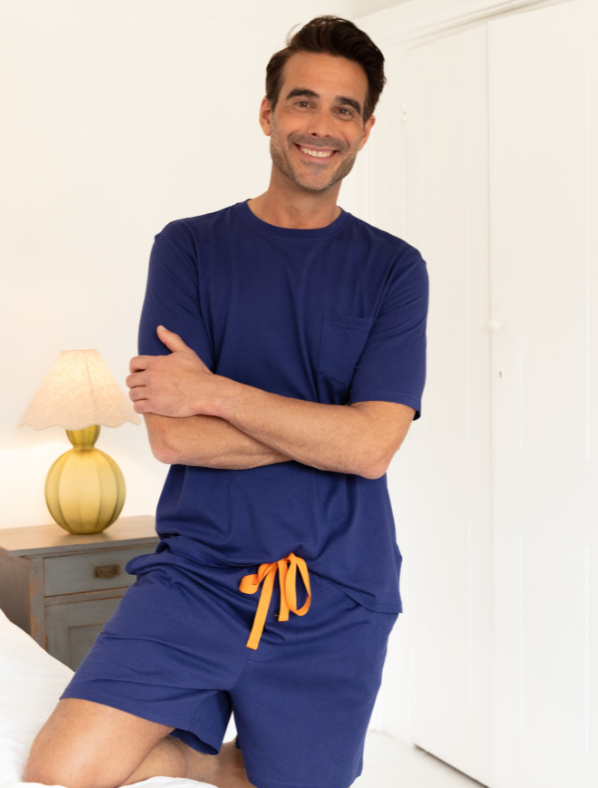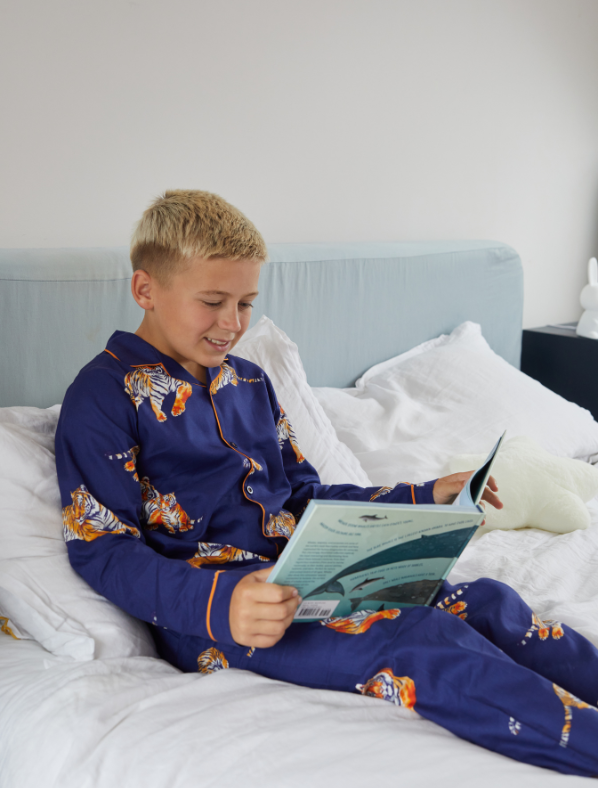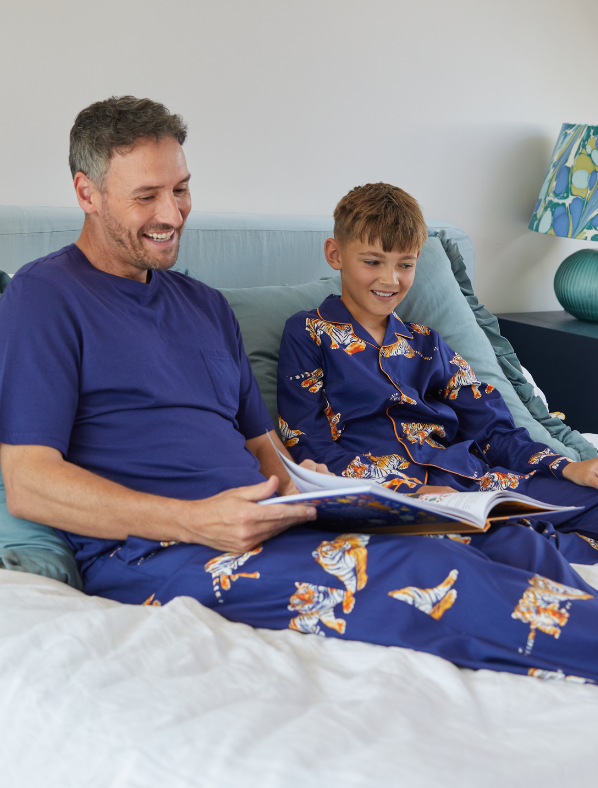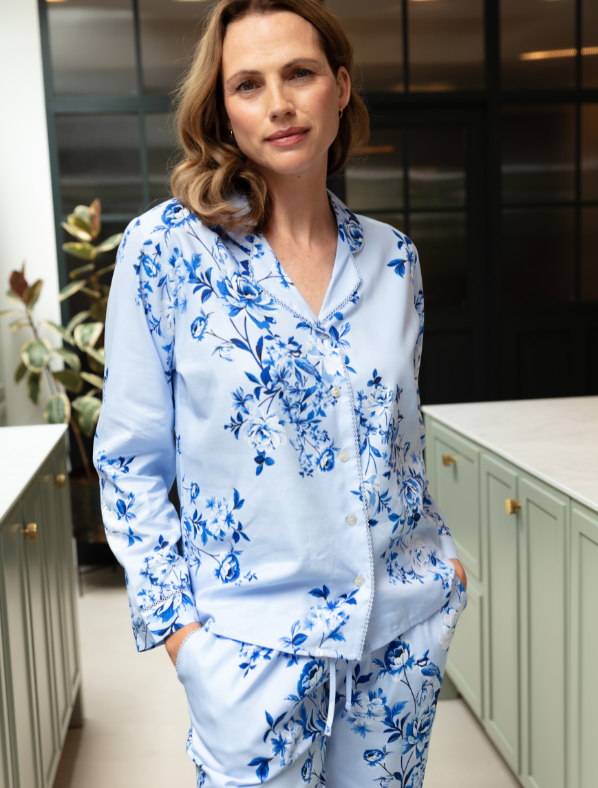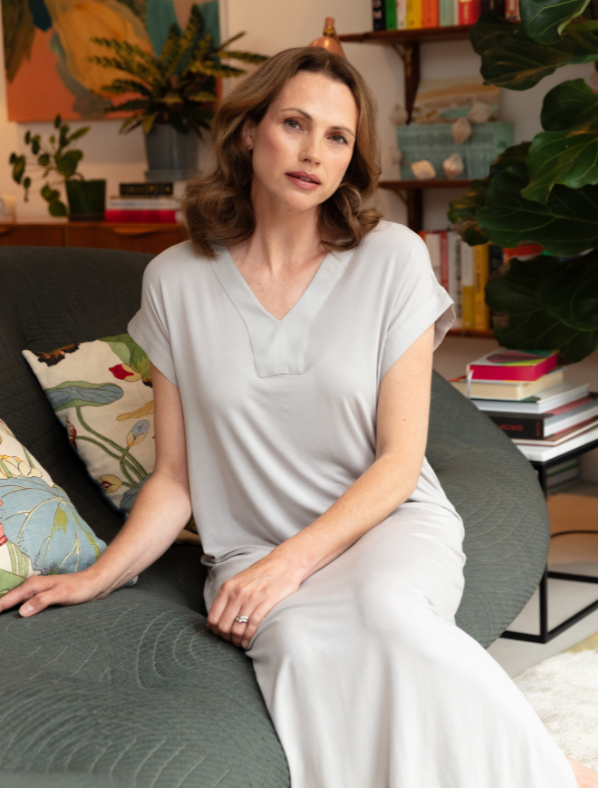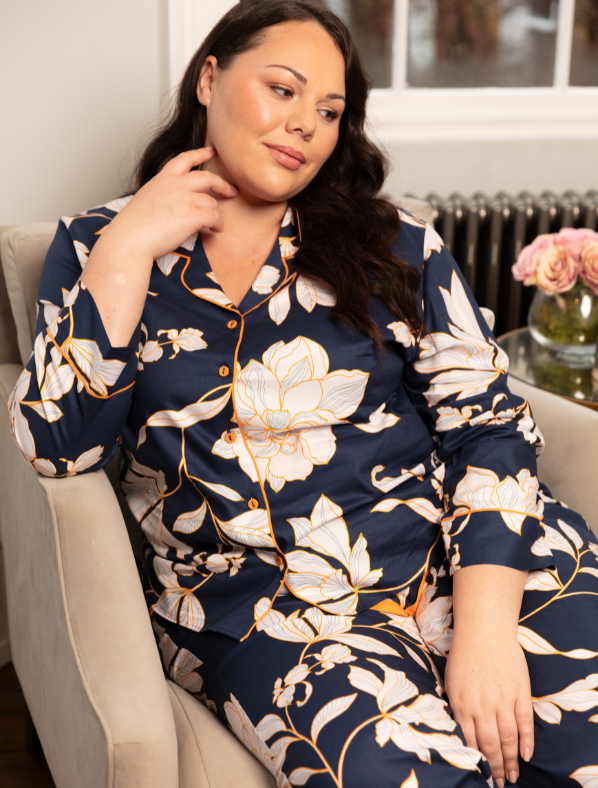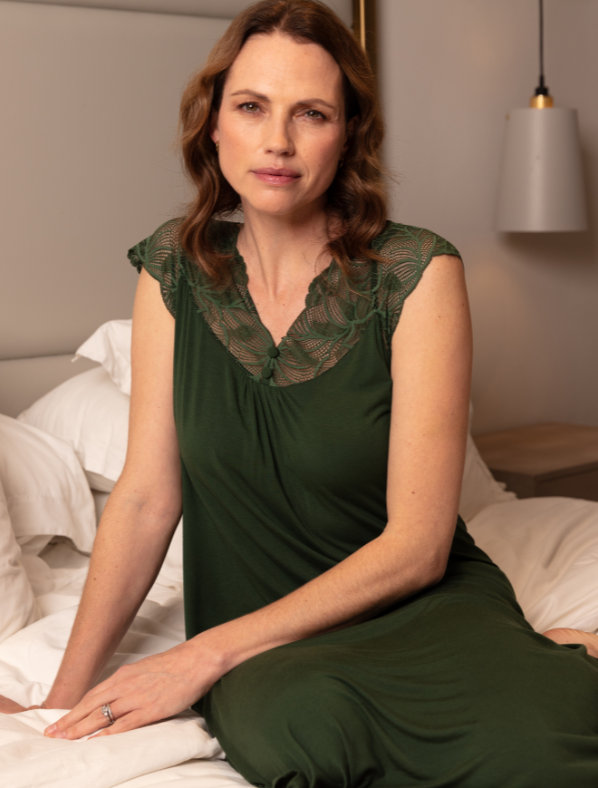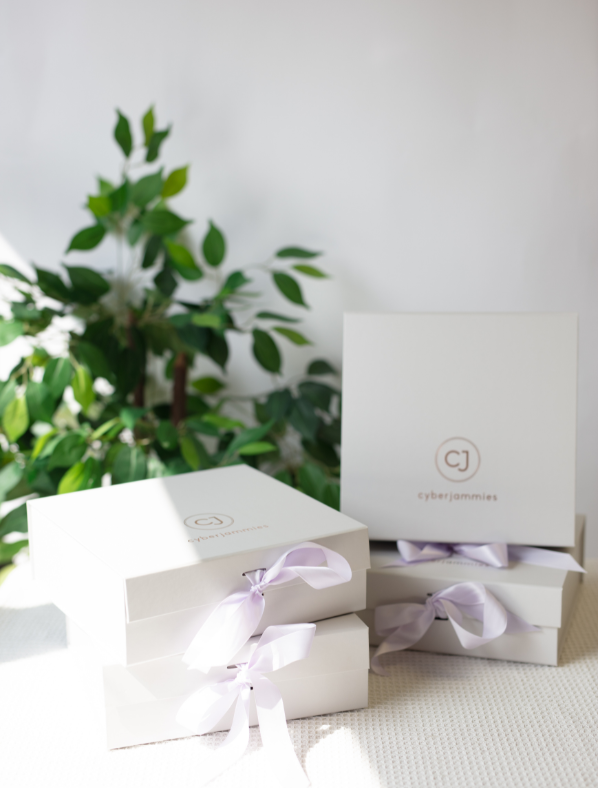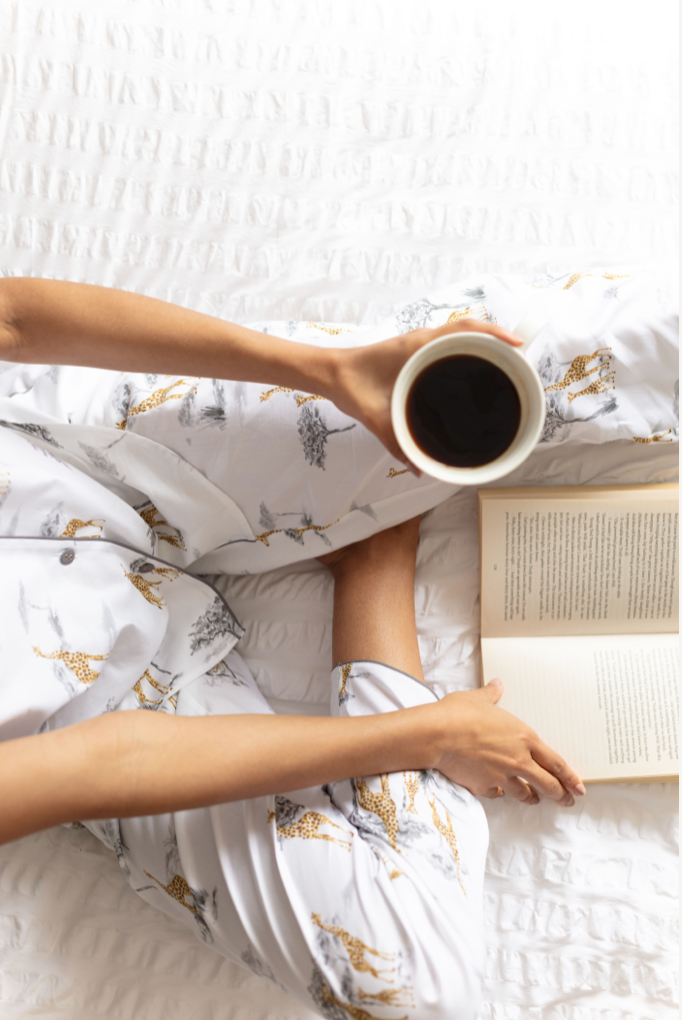
Making The Most out of Daylight Savings
British Summer Time (BST) is just around the corner and we are very excited about it! Entering a new time zone is solidified by pushing our clocks forward, which will occur in just over a week's time. This marks an overall positive reaction on an occasion that commemorates the beginning of summer. However it does come with some small, but very manageable, downsides.
If you’re reading this, we assume that you will be at an age where sleeping is something you feel you know how to do pretty confidently, but may have not yet mastered the yearly shift into summer. As we celebrate World Sleep Day today, the Cyberjammies crew are here to flag a few things to look out for before you turn the clock hands and also share a few tips on how to make the most out of daylight saving time.
Firstly, why is today important?
The 18th March marks World Sleep Day 2022 and is a day that we welcome with open arms. This year’s theme emphasises how the quality of sleep helps maintain mental health, how better sleep helps people focus during the day and how eventually, a lack of sleep can weigh us down physically, mentally, and emotionally. Cyberjammies are all about getting enough of the right sleep, especially as our mornings are getting lighter and days getting longer. Daylight saving time, otherwise known as when the clocks go forward, has occurred for over 100 years. However, sleep experts now question what effects this practice has on our circadian rhythms, which is regulated by our exposure to light and darkness and plays a vital role in regulating sleep and wakefulness. Daylight saving time does unfortunately disturb our cardiac rhythm. To help to alleviate the effects, experts recommend a gradual shift in sleep schedule in the lead up to the time change.
Throughout the week before the clocks spring forward, try the below...
Go to bed 15 minutes earlier, to make up for the lost time you’re about to endure.Avoid long naps during the day as this makes it harder to sleep at night. If you need a rest, the optimum nap time is 20 minutes.Find a bedtime routine that works for you and stick to it, to ensure you get the most out of your shut-eye.Try putting your phone down and reading a book with dimmed lighting an hour before you crawl into your duvet.
So as the clock strikes 2 AM next Sunday, you’ll be prepped for the hour loss of shut-eye and ready to enjoy an extra hour of daylight. Find more information about World Sleep Day at worldsleepday.org.
